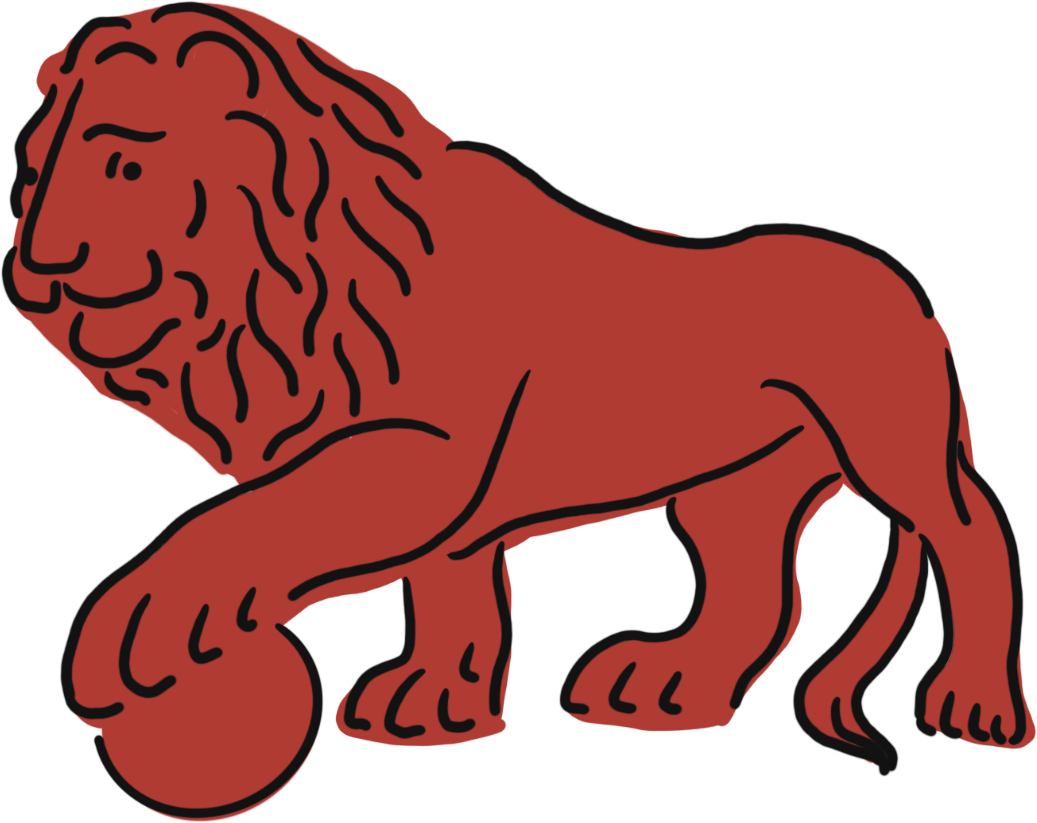miCRo: “Revision” by B. Do
4 Minutes Read Time

Assistant Editor Andy Sia: In B. Do’s moving piece, revision is not merely a means to an end; rather, there is a truth in and an ethical weight to the act of revision itself. Significantly, the voice in “Revision” refuses not memory but foreclosure, and it is precisely amid the piece’s push and pull between memory, history and possibility that the voice moves toward self-actualization. In the end, truth is accumulative and nuanced: destruction, yes, and love, too.
Revision
My mother saw Saigon fall. No, the truth is that she was already long gone, bound for Guam on a boat, before a Vietnam People’s Army tank brought down the gates of the Independence Palace. She and my father were among the lucky ones who made it out alive. No, the truth is that the Do family had already evacuated before the North Vietnamese Army marched into their hometown. When she and my father landed in the refugee camp in Guam, my mother wept so hard that she miscarried the boy who was supposed to be my elder brother. No, the truth is that I was the only child that she and my father ever wanted; they would not have me until much later, in Westminster, California, in the ’90s. There, my parents struggled to make ends meet and worked eighty-hour weeks to pay for the rent, the electricity, the telephone; my mother cried often, and my father did not know how to console her. No, the truth is that they scraped together enough money to open a coin laundromat called the Laun-Do-Mat in the ’80s and made enough money that my mother could take night classes at Fullerton College and be hired as a receptionist at the Irvine Medical Center while my dad oversaw the family business; eventually, they would open several other laundromats in western Orange County. Before they had me, my mother and father fought most nights in their dingy apartment by Little Saigon; sometimes it would get physical, with my father striking my mother in her face, and sometimes their screaming and yelling would cause their neighbors to phone the Westminster Police Department. No, the truth is that my mother and father loved each other very much, and back in Saigon, he would buy her bouquets of peach blossoms and promise to someday take her to Da Nang when the war ended; he would never, ever lay a finger on her. When I was finally brought into existence, I was certainly an accident of my parents and thus of capital-H “History.” No, the truth is that I was ultimately meant to be in this world. After they had me, my mother and father ended up not getting better after all they had inherited from the American War; if anything, they would only get worse and worse in their resentment and bitterness, their anger and sorrow, their accumulated hurt and their capacity to inflict it. No, the truth is that my mother and father were gentle, loving people, until the day they quietly passed in their old age. In truth, I became a poet because of all this, all the ways in which I have been destroyed. No, the truth, also, is that I became a poet because of all this, all the ways in which I have been loved.
B. Do (they/them) is a writer from Cần Thơ, Vietnam. Their work can be found in The Rumpus. You can find them @bnanayoshimodo on Twitter.
[button link=”https://www.cincinnatireview.com/micro/”] Read More miCRos[/button]

